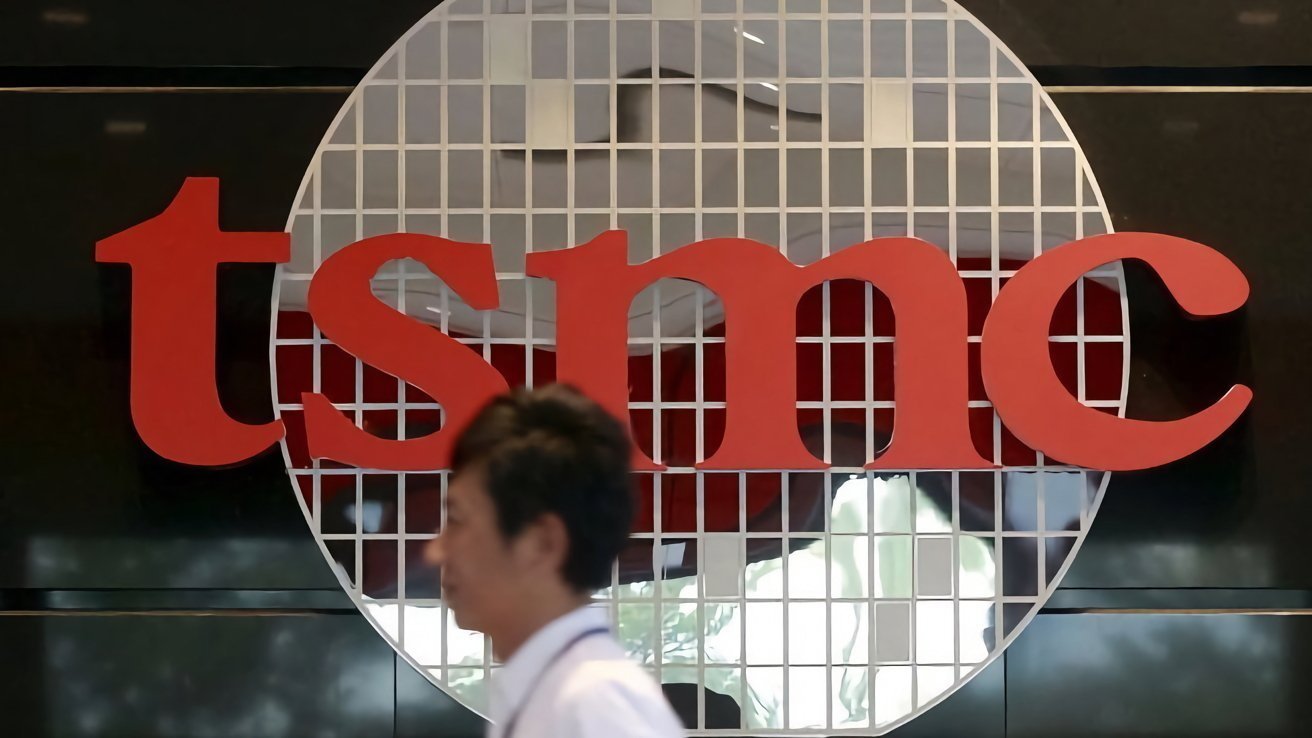
A TSMC factory sign – Image credit: TSMC

A US Commerce Department investigation into a possible sanctions breach by TSMC could spell trouble for Apple, as its chip partner could face penalties that ultimately harm production of iPhone and Mac chips.
The United States placed sanctions against Huawei in 2020, blocking the company from accessing components from US companies without approval from the Commerce Department. This also prevented Huawei from using chips made with US-sourced equipment, a restriction that may now cause problems for TSMC, and by extension, Apple.
The US Commerce Department contacted TSMC in early fall, a source of The Information claims, to query if the chip maker was involved making smartphone chips or AI chips for Huawei.
The query seems to be the initial stages of a probe into whether TSMC broke export rules by willingly supplying Huawei with the chips.
It is believed that TSMC was contracted by an intermediary firm that masked Huawei as its client, sources say. TSMC does have to perform due diligence on orders to make sure they are legal, and the probe could determine whether TSMC’s checks were sufficient enough to remain legal.
When the sanctions were imposed on Huawei, TSMC said it had stopped taking new orders from the Chinese tech company.
If true, TSMC faces the prospect of penalties, including sanctions of its own. The latter could be more damaging, as it could directly impact the production of chips for clients, which includes Apple.
If TSMC is temporarily blocked from accessing US technology and equipment, this could prevent it from proceeding with production of new lines, or to maintain existing lines. This could put products like Apple’s mobile chips in danger of becoming severely limited.
In that case, Apple may have to search for another chip partner in the interim. But, with Apple’s size of manufacturing, doing so could be slow and extremely costly.
Such a penalty could have even greater implications. TSMC’s facility in Arizona is still being worked on, and a block would cause progress to cease immediately.
The facility’s political element may help sway the Commerce Department away from a sanctions penalty. In April, TSMC secured a $6.6 billion Chips Act subsidy from the Commerce Department to continue its chip investments in Arizona.




